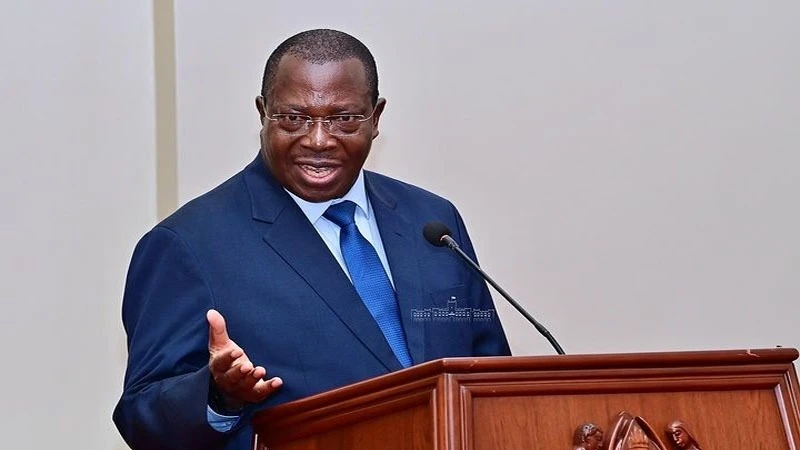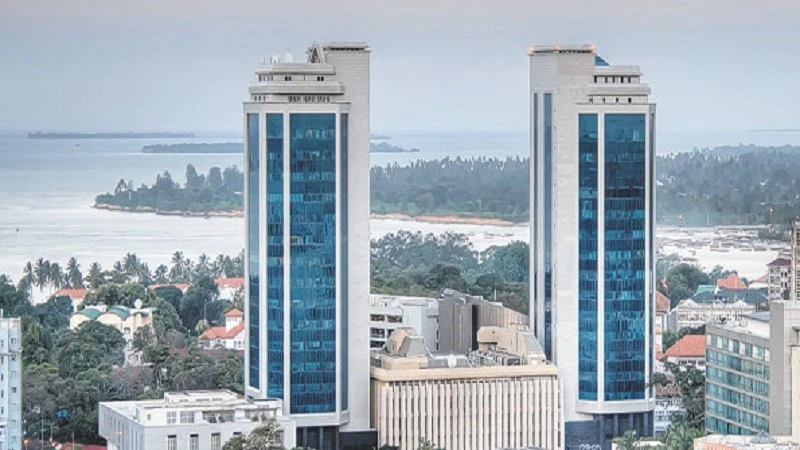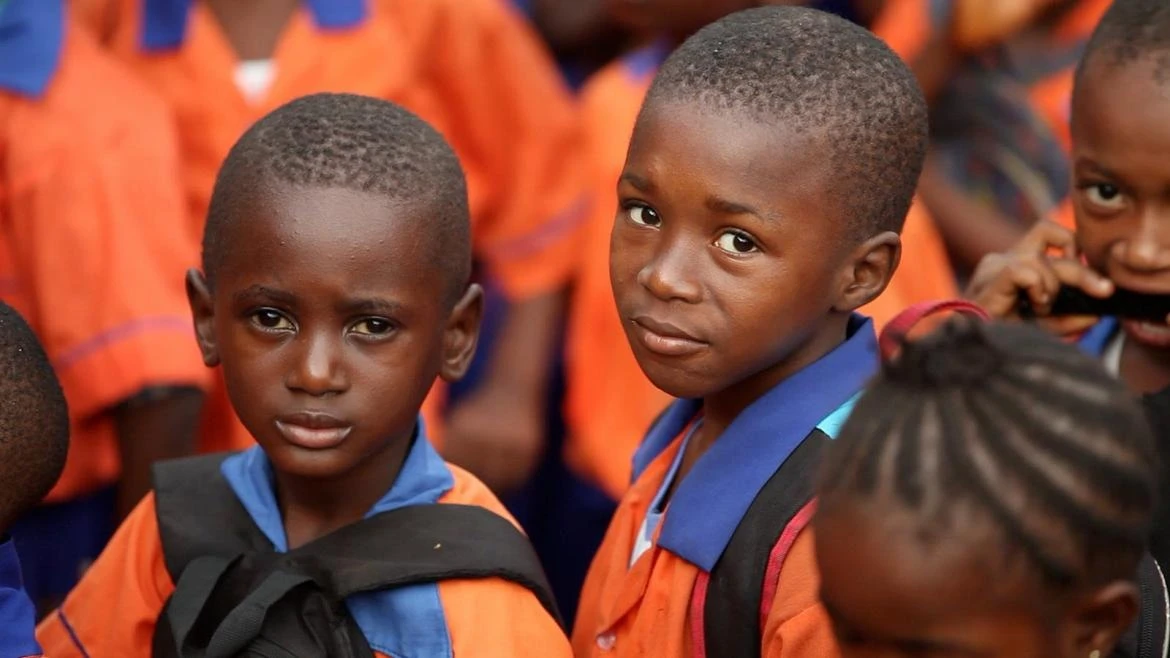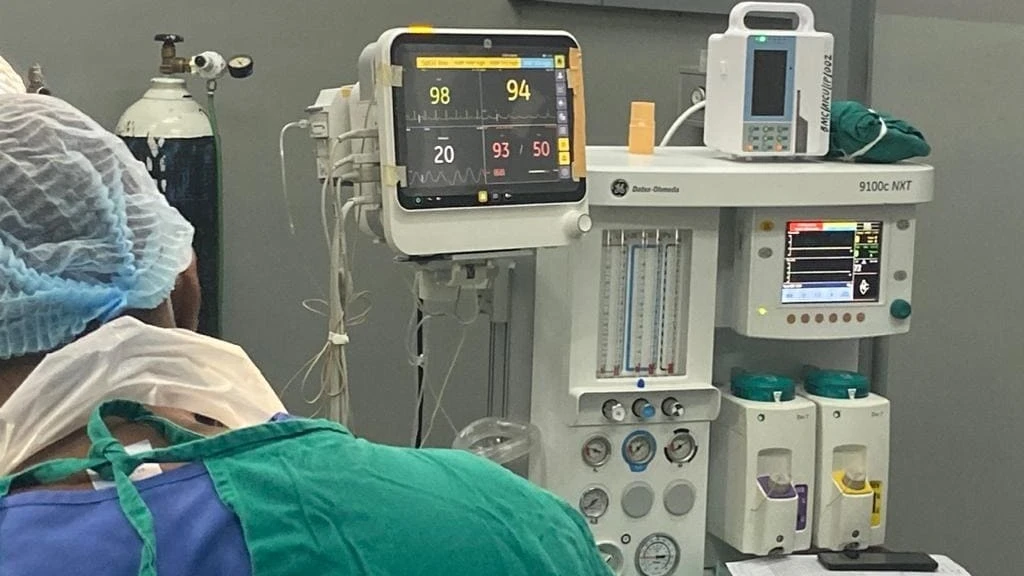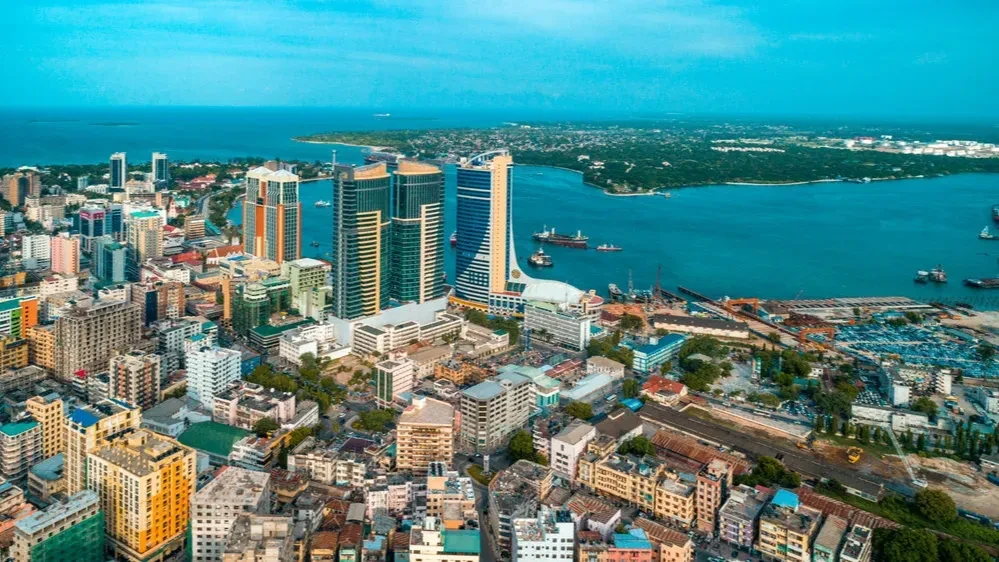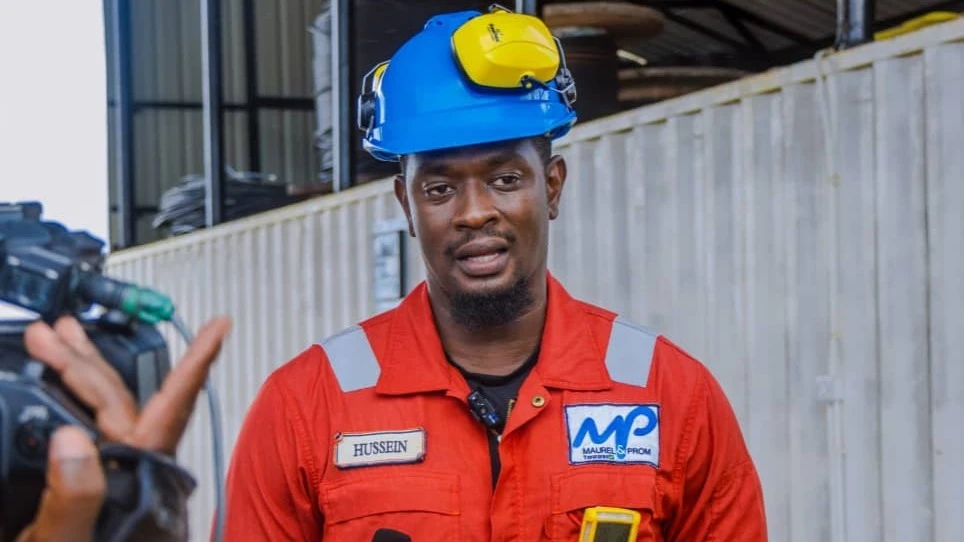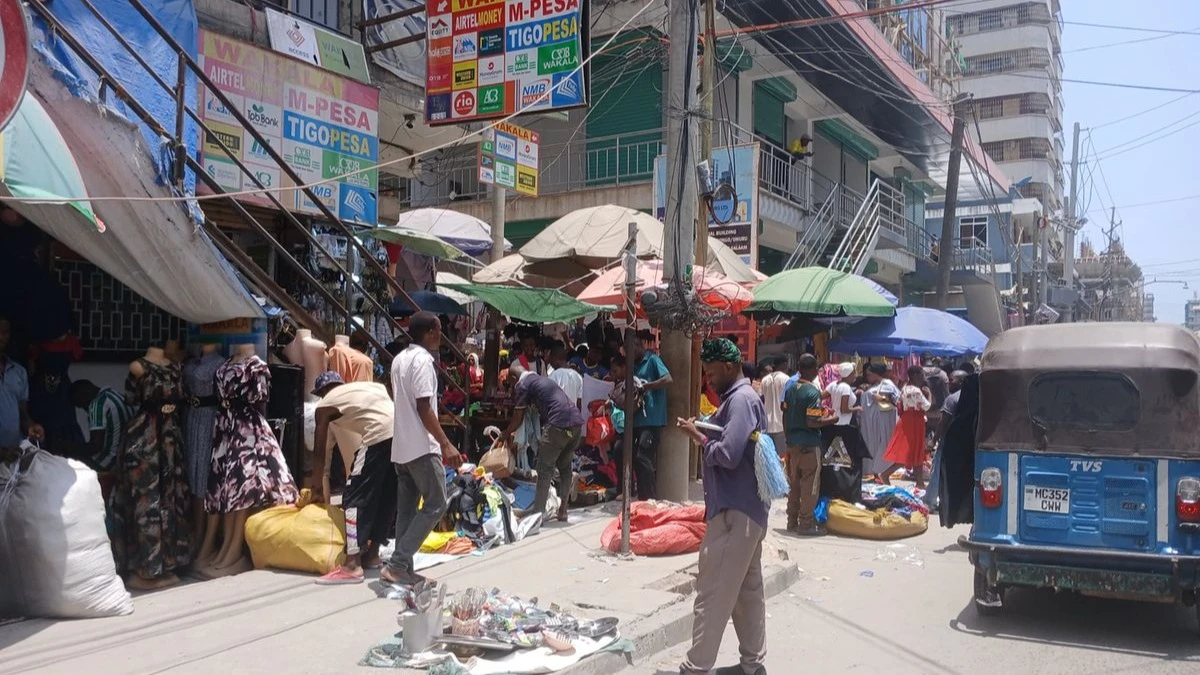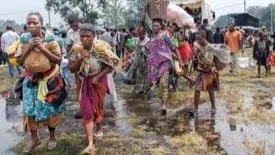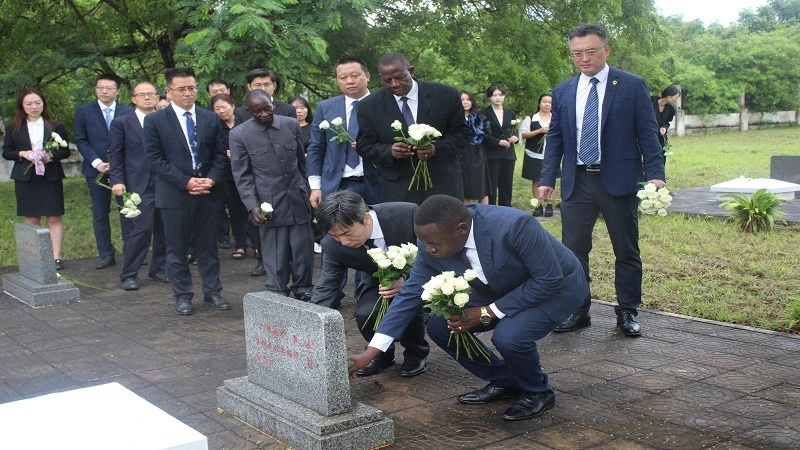It’s only to be hoped that no one will dare rest on the World Bank’s laurels
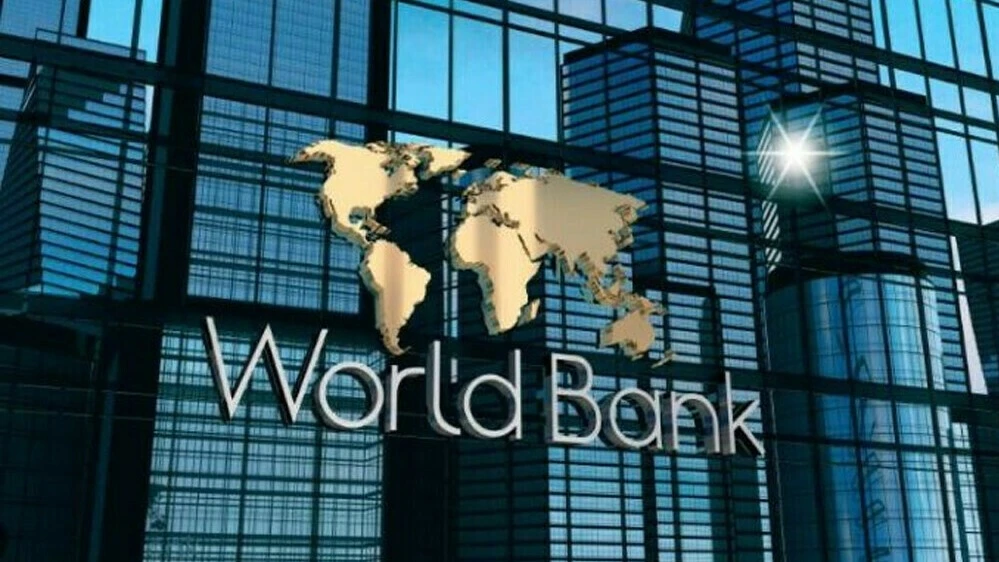
THERE is cause to find news of the World Bank having commended Tanzania for its strong economic management, recognizing the country as a model in Africa despite the ongoing global economic challenges, pleasant.
For many, this would imply that we have successfully scaled the president’s 4Rs – Reconciliation, Resilience, Reform and Rebuild – President Samia Suluhu Hassan sees as impressive pillars for multiparty democracy and economic prosperity, and that our situation is salutary relative to the rest of Africa.
It could justifiably be said that the budgetary resilience noticed on the ground was fairly well predicted as African countries emerged from the ravages of Covid-19.
A range of economists said at the time that African countries blessed with natural resources as well as a measure of good governance and stability would come out of the pandemic in a more resilient manner.
Phrased rather differently, countries with a strong natural resource base would he somewhat better off even without extensive social, economic and other reforms, and this is in a way where we currently are.
The praise came from the World Bank’s new vice president for the eastern and southern Africa region, and was aired on the sidelines of the spring meetings of the International Monetary Fund (IMF) and the World Bank at their head offices in Washington, DC.
All the praise appeared to relate to the view that, despite disruptions caused by Covid-19 and political crises around the world, World Bank assessments show that Tanzania’s economy remains stronger than obtained in many other African nations.
Yes that is likely to be true, but our ability to remain stable is being tested and, in a way, has been found wanting.
It was thus mot exactly a balanced message to explain current challenges from global foreign aid policy changes, particularly the reduction in funding for sectors like health.
There is evident rebalancing of resources in that direction but that relates to procurement – where the government will purchase medicines and recover the money via user costs.
The challenges posed there are stiff and it would call for programmed reform enabling a net reduction in the tax burden, for employees as well as the taxing of essential consumer products.
That is how social resilience is attained, via the 4Rs, but the World Bank executive was effusive in his praise, complete with substantial development projects assurances. Good – and let’s keep it up!
Top Headlines
© 2025 IPPMEDIA.COM. ALL RIGHTS RESERVED






